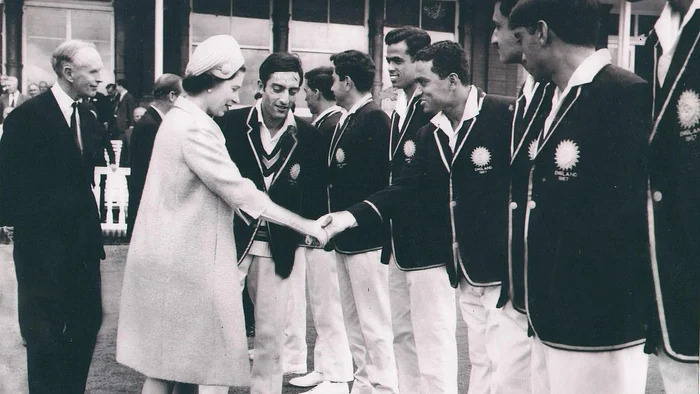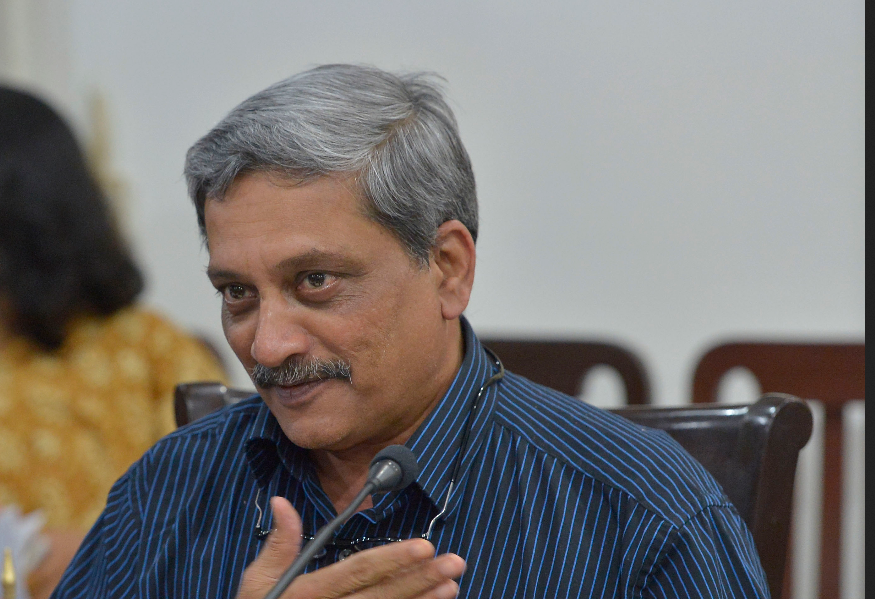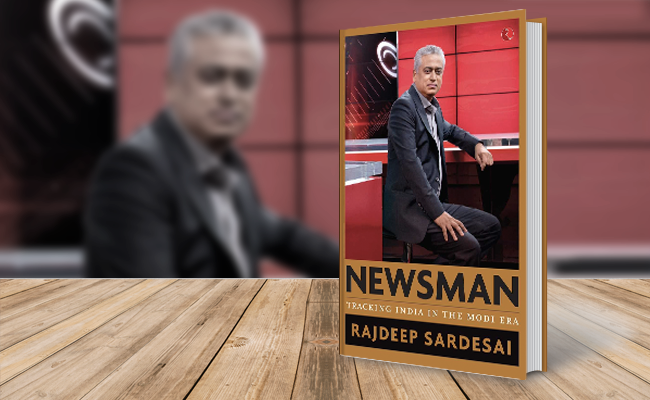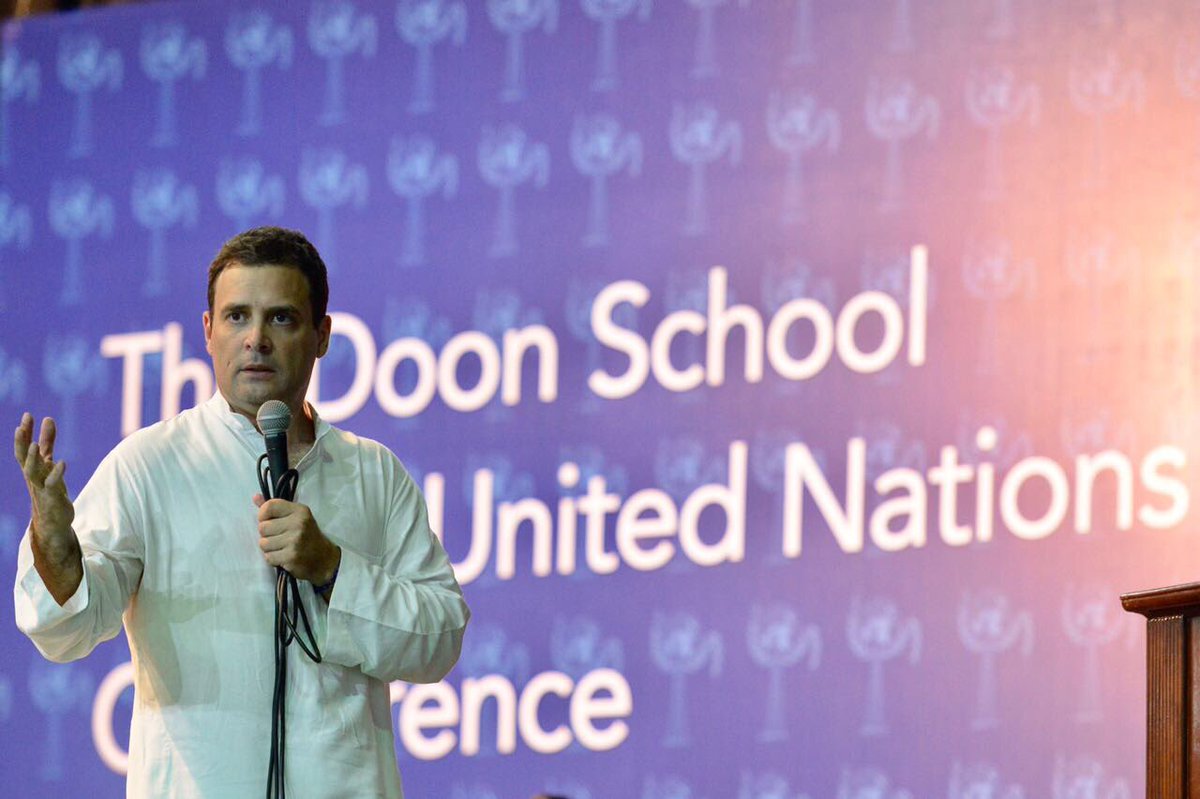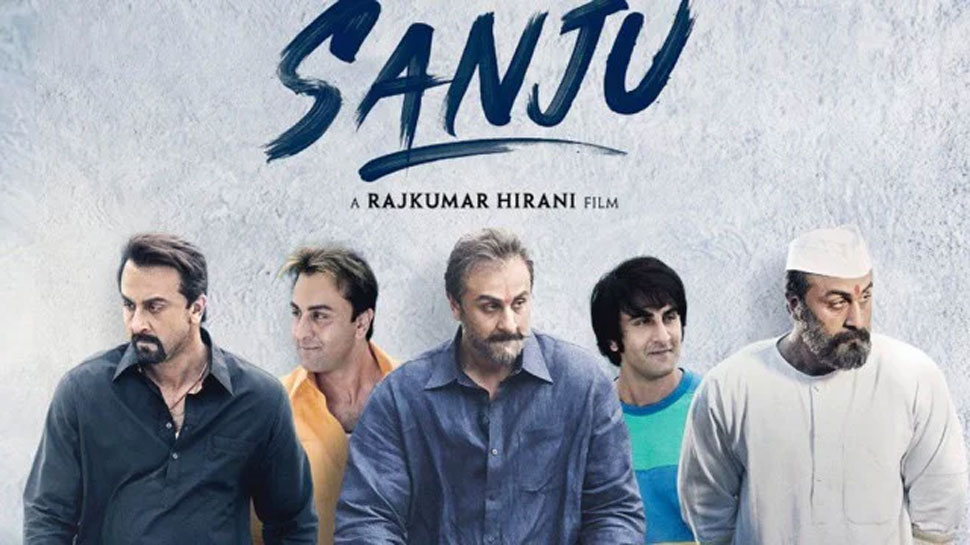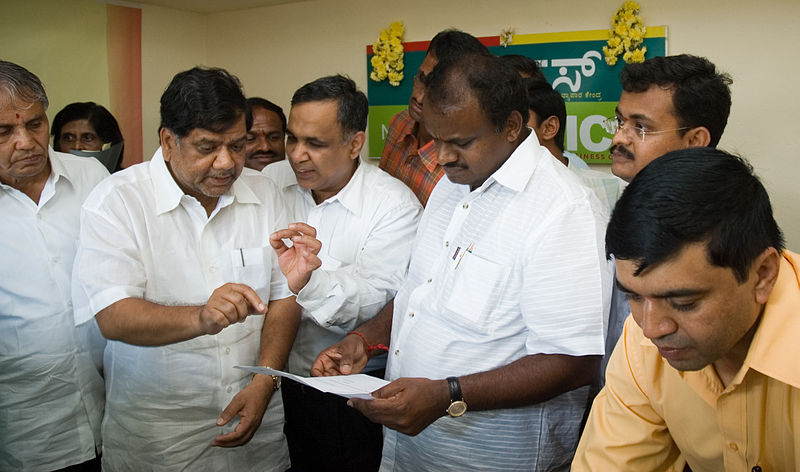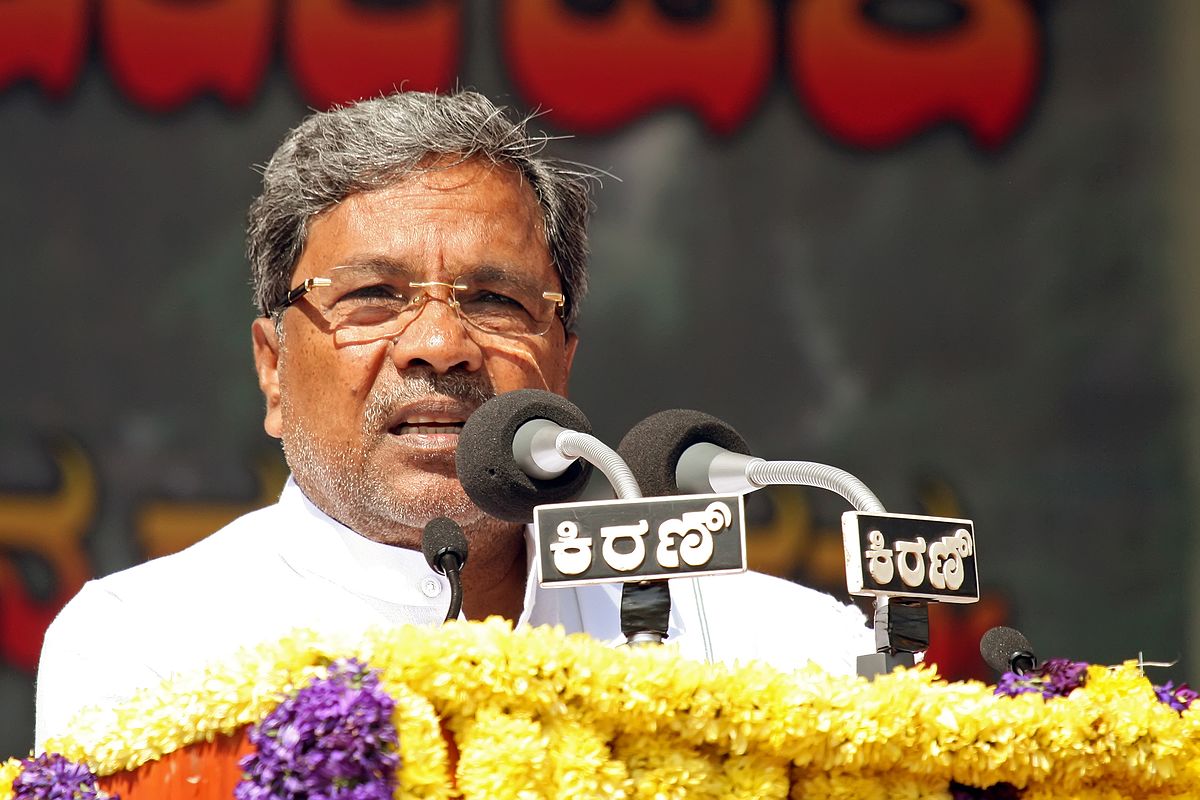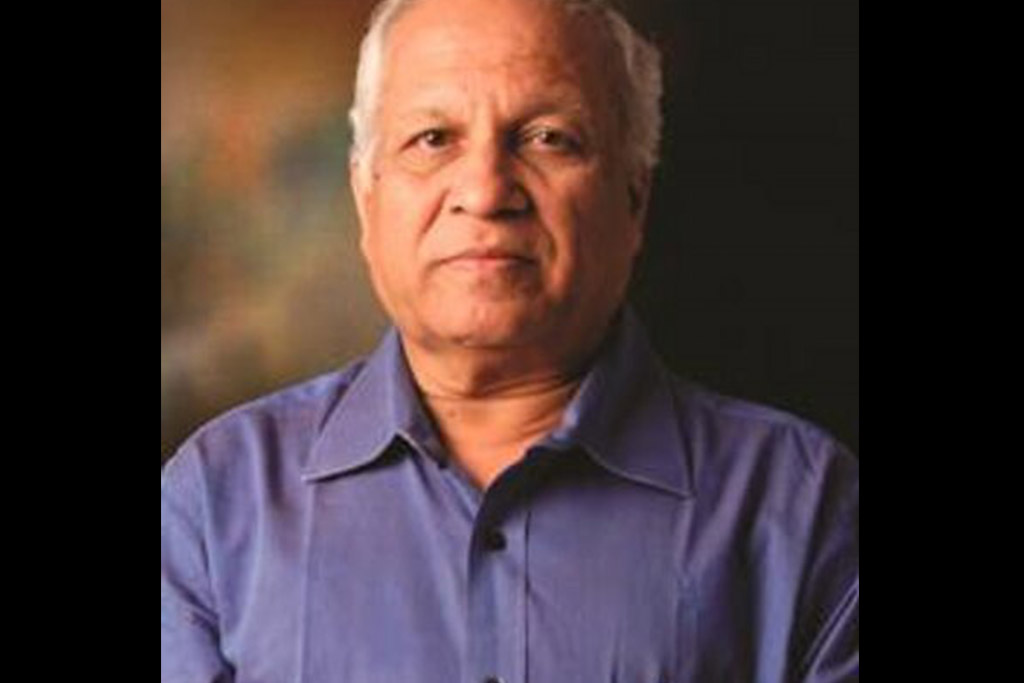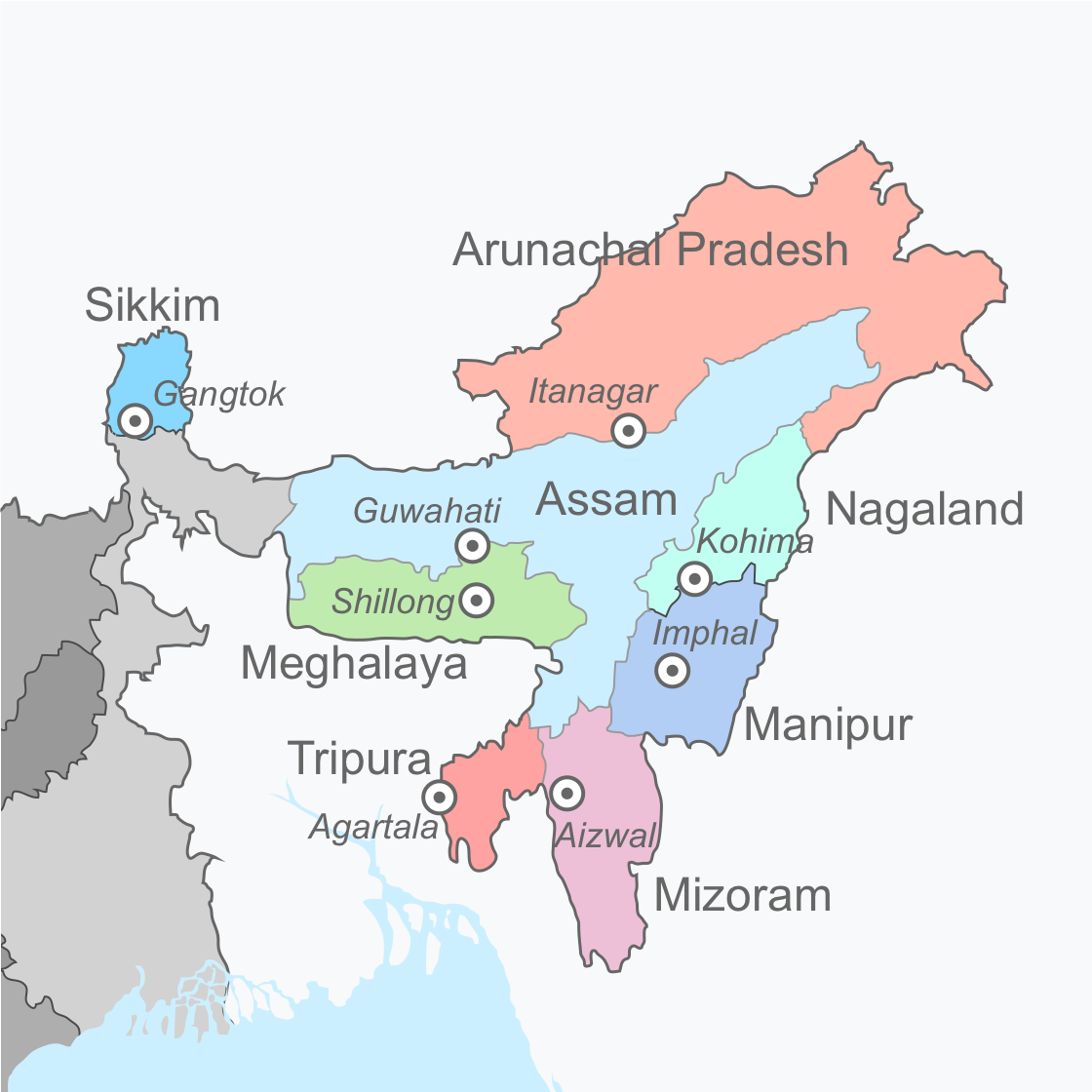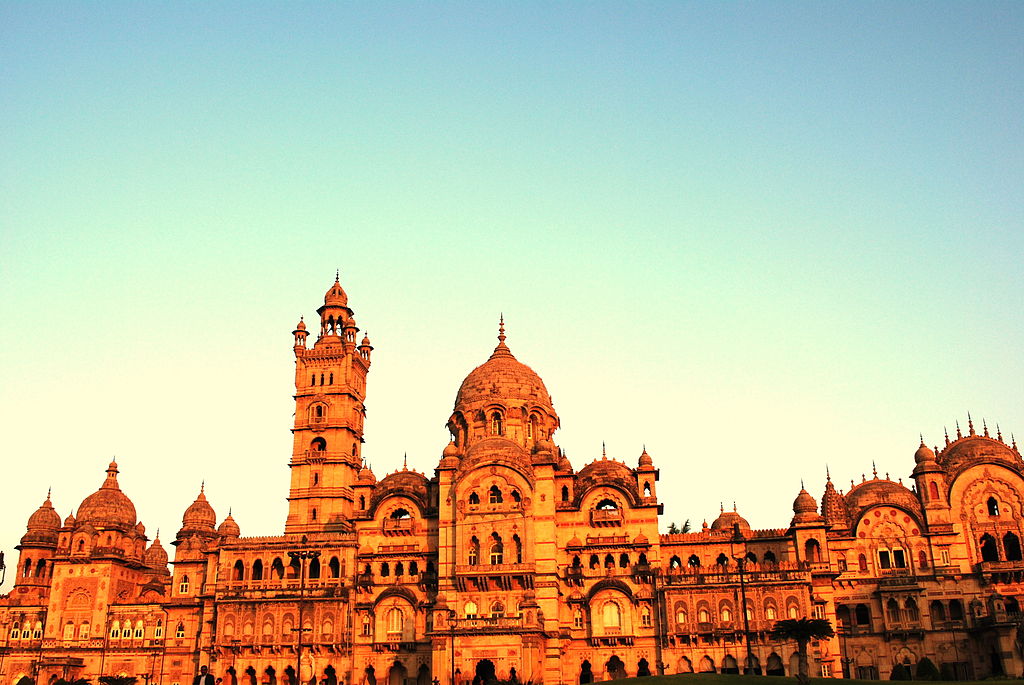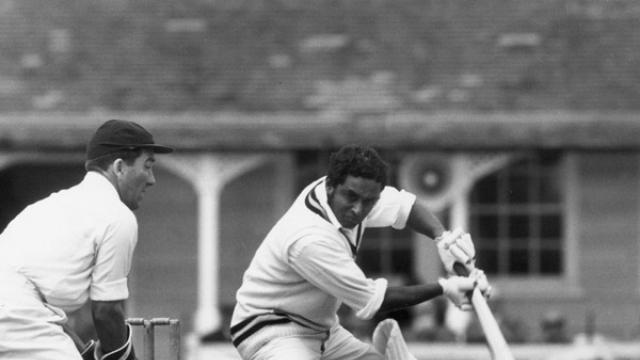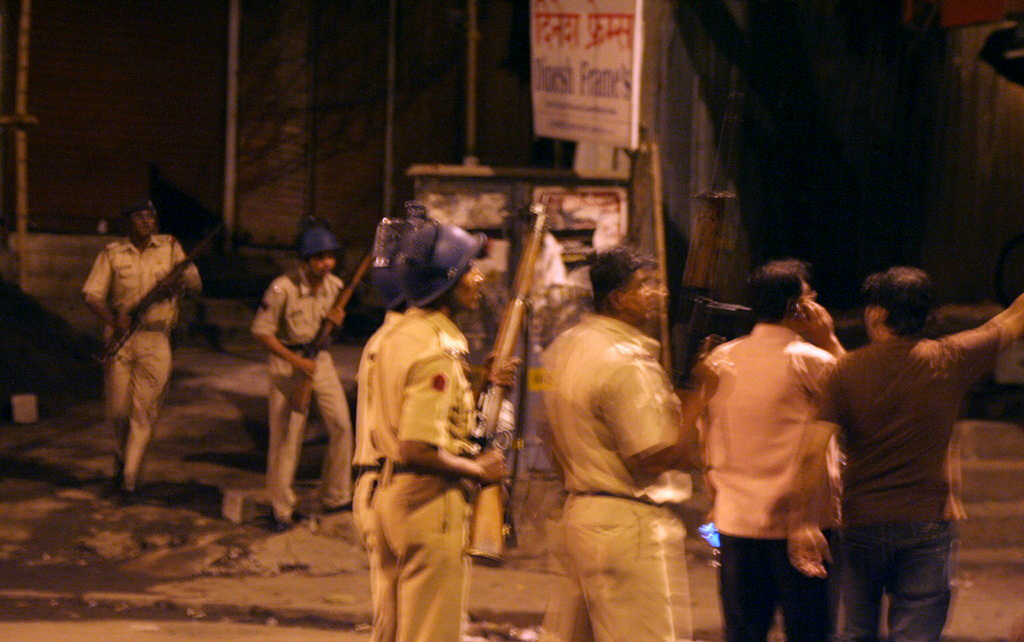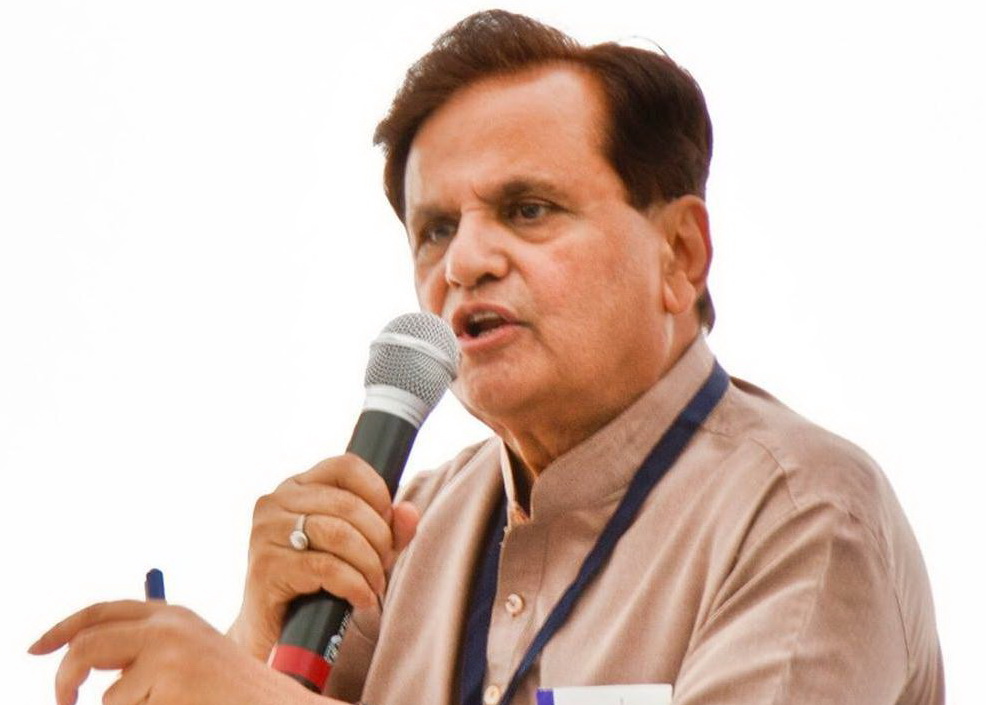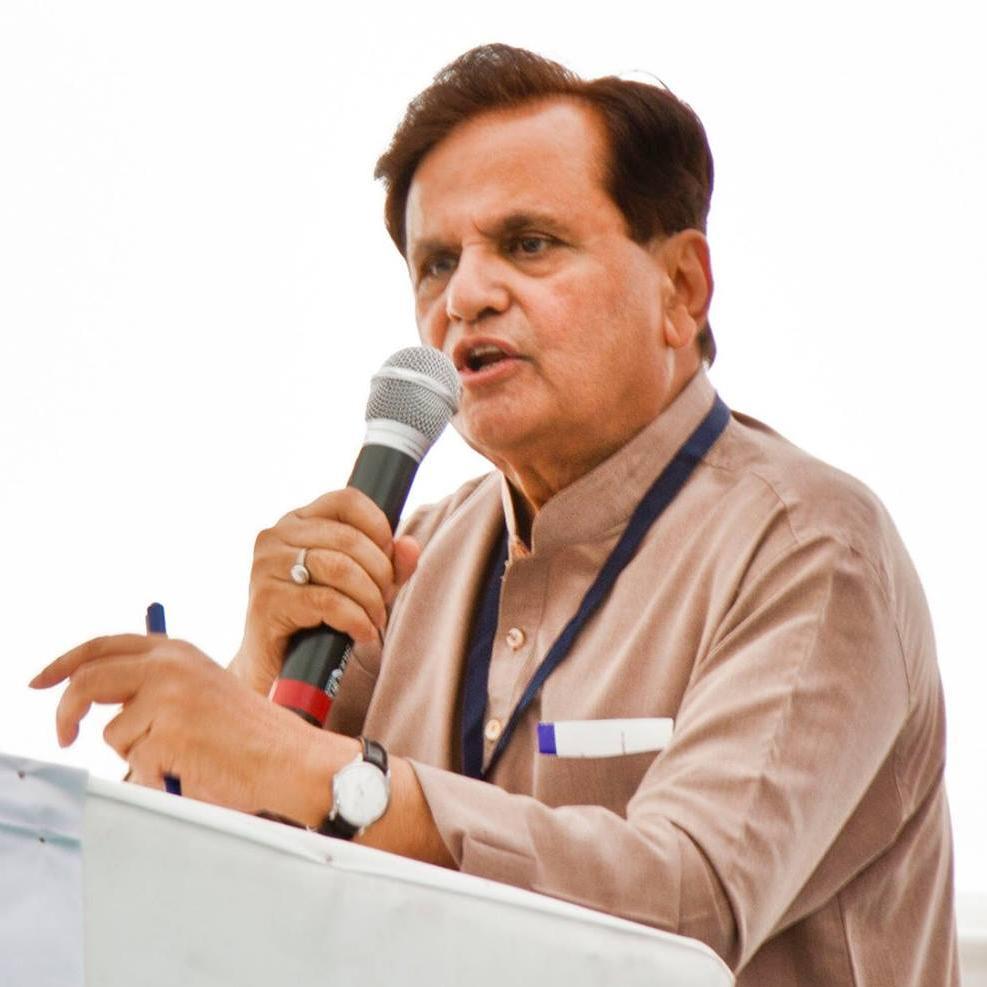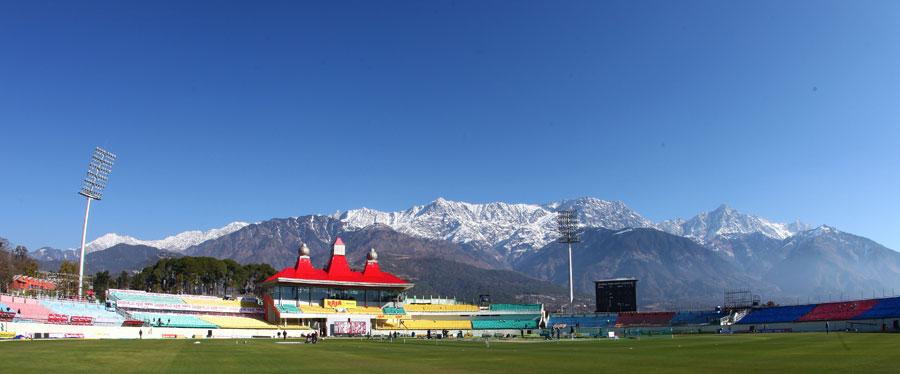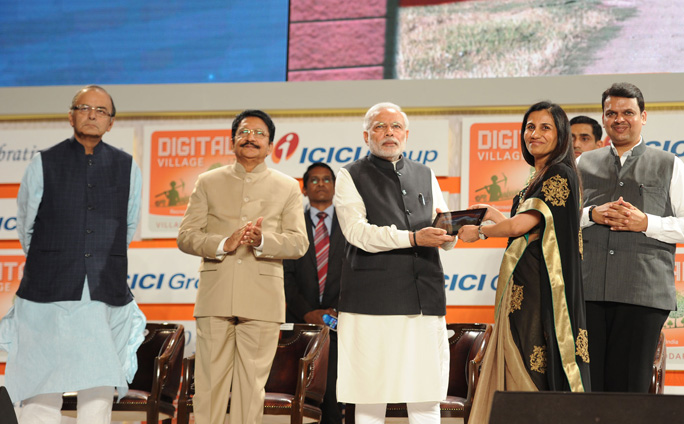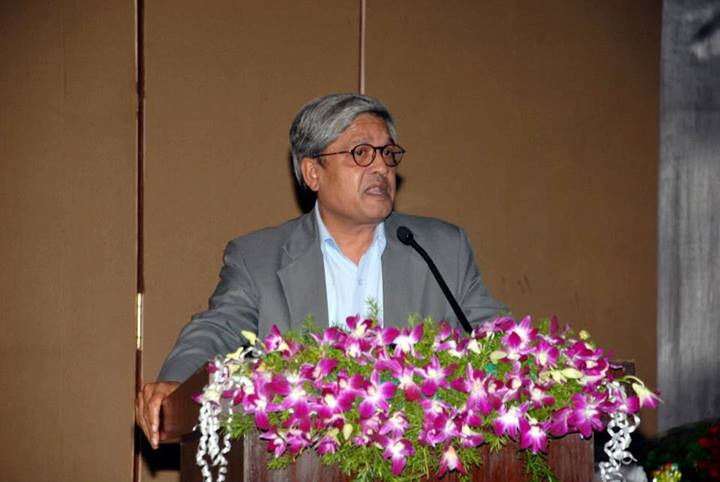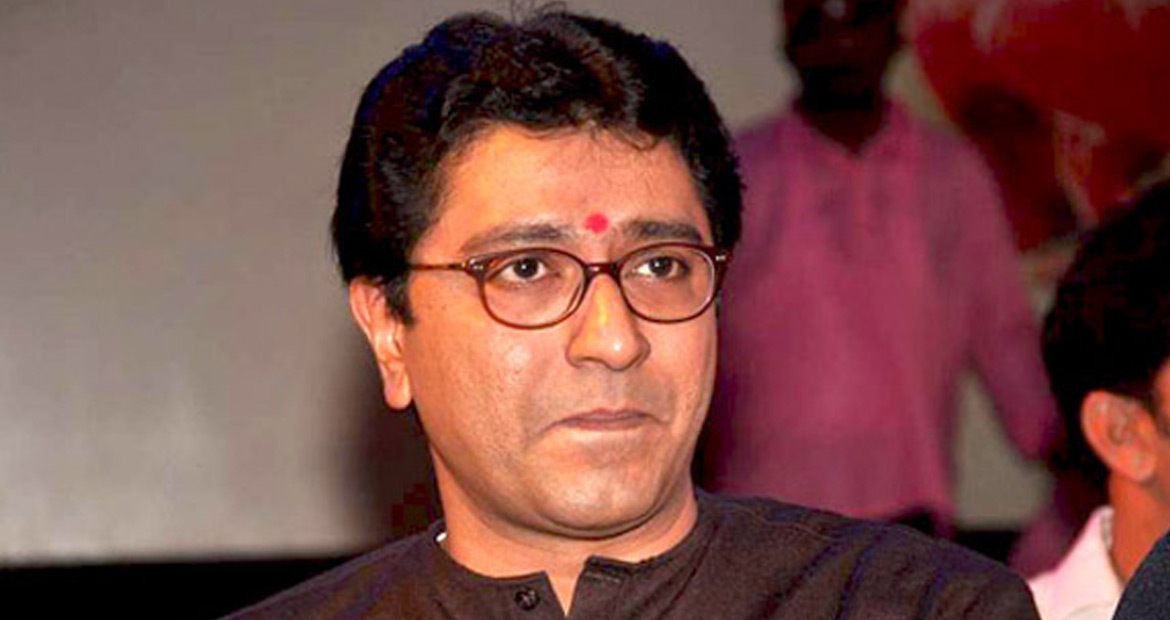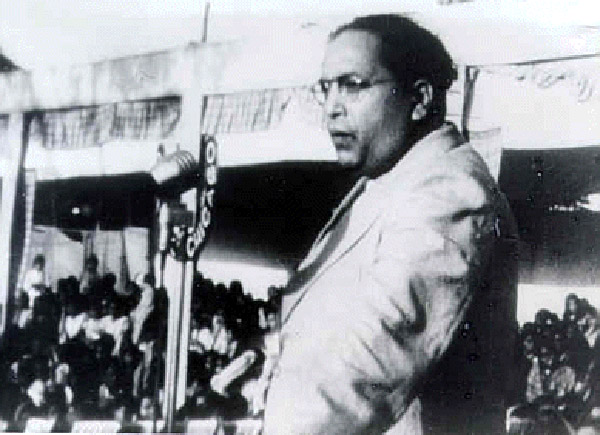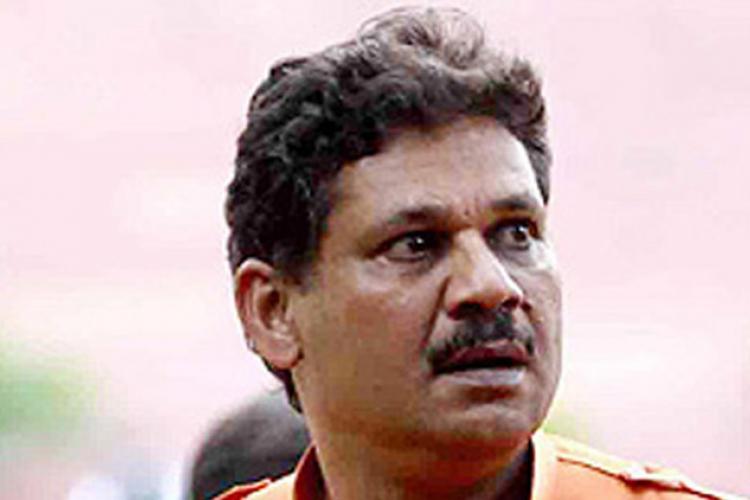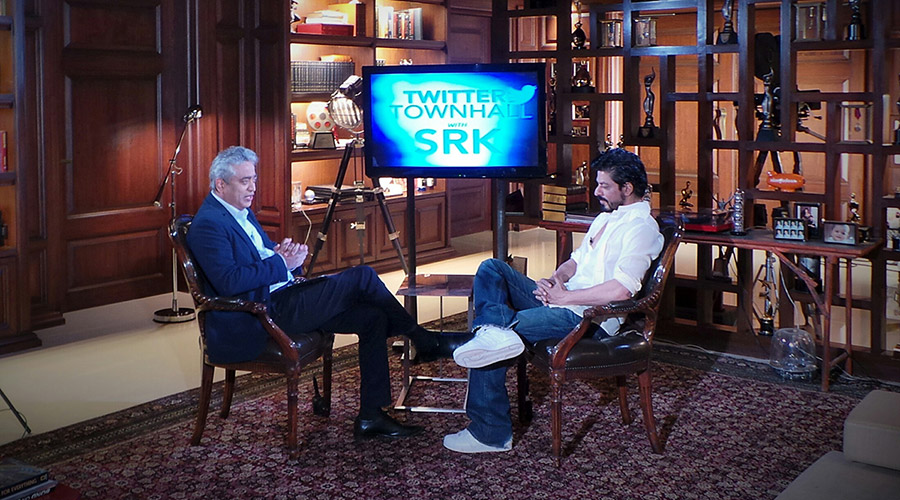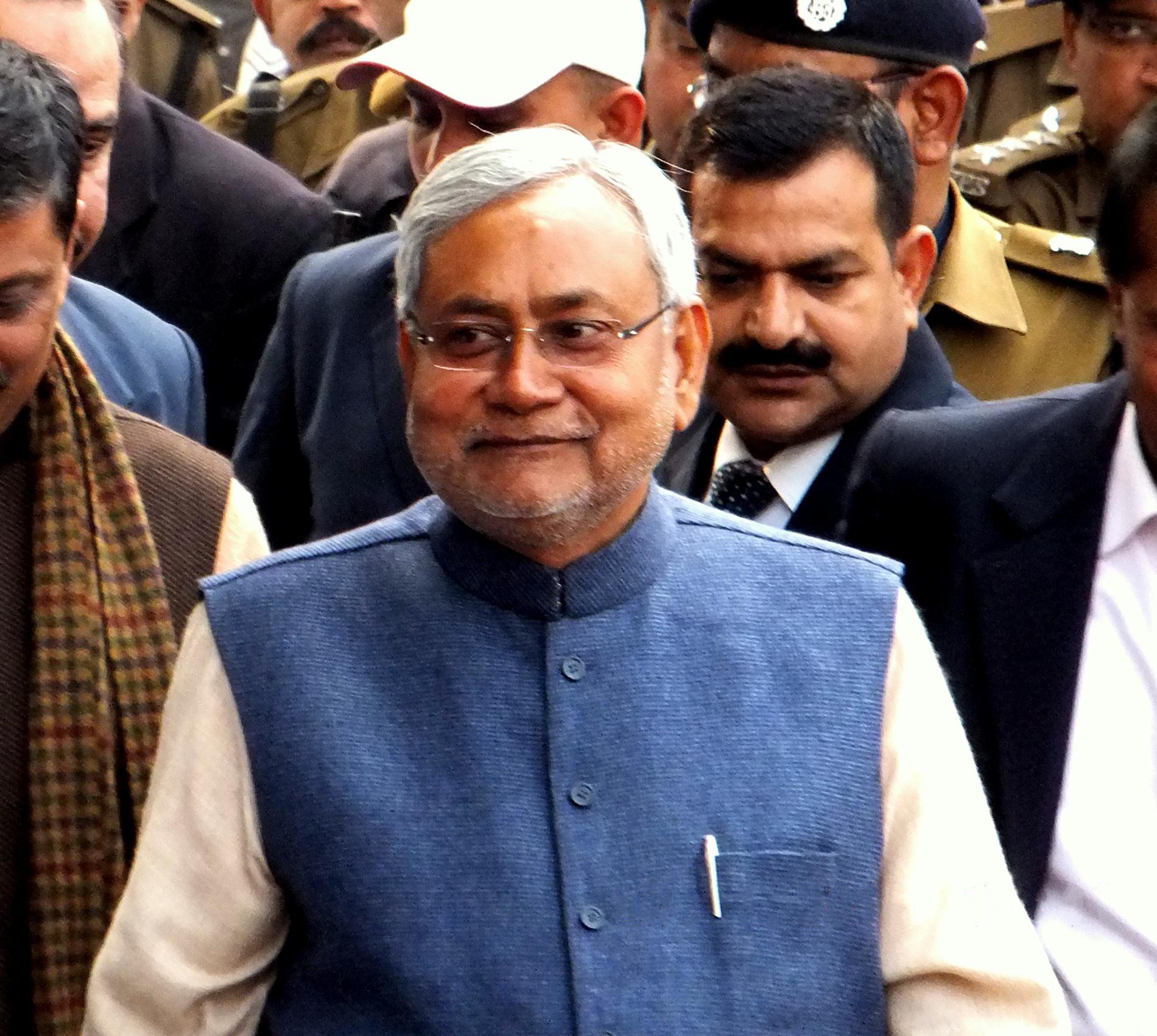
No political journalist’s education is complete without understanding Bihar. If Mumbai’s business is business, then Bihar’s business is politics! In no other part of the country — not even UP — is the level of political awareness so high as in Bihar. Politics is the state’s oxygen: Bihar breathes because of its netas and their complex caste and community arithmetic.
Which is why the latest somersault by Nitish Kumar may have stunned the country but Biharis seem to see it as par for the course. ‘Dekhiye sir, neta to doosre ko thugta hai, janata ko nahi thugna chahiye,’ an elderly gent tells me just outside the Raj Bhavan in Patna where Nitish has been sworn in for a sixth time. You can fool the country, but you can’t fool a politically astute Bihari. Here are therefore six political lies of Bihar that can be easily busted.
Lie number one: Nitish Kumar abandoned the coalition with Lalu Prasad because he has zero tolerance for corruption. Fact is, Nitish was fully aware of Lalu’s tainted past when he aligned with him in the 2015 Bihar elections. In 2015, Nitish was gasping for his political life after being soundly defeated by the Narendra Modi juggernaut in the 2014 general elections. Nitish needed Lalu then because while he had the credibility as chief minister, Lalu had the votes and the mass connect. Corruption didn’t matter then because anti-Modiism was the mantra to forge a maha-gatbandhan for political survival. Corruption suddenly matters now because an insecure Nitish, conscious of his sushashan babu image, realises 20 months later that life with a potentially non hostile BJP in government at state and centre is a more comforting prospect than a long term relationship with a Lalu, whose track record on governance has been dismal, : the Yadav chieftain has been Nitish’s arch personal rival for decades, right from their initiation into student politics in the 1970s. BJP maybe an ideological opponent but the hostility towards Lalu runs deep. Tejaswi Yadav is not wrong when he tells me: ‘Tejaswi Yadav ek bahana tha, Nitish ko BJP mein jaana tha!’ Nitish has been distancing himself from the anti-Modi coalition since last November when he came out in strong support of note-bandi, and when later in June, backed the NDA’s presidential nominee. Indeed, if Nitish was truly serious about targeting corruption and taking the high moral ground, he could have either sacked Tejaswi Yadav from his government when the first troubling charges of benami properties were put out in the public domain or chosen to go in for a fresh election and go back to the people’s court in case his deputy refused to step down.
Lie number 2: the maha-gatbandhan was forged in 2015 to preserve secularism. The fact is, secularism in Bihar has been used as a cloak of convenience to hide many sins. Lalu has used it to seize power and then promote dynasty politics and mask his corruption. Nitish has used it to keep his political options open while the Congress has used it as a crutch to keep the BJP at bay. True flesh and blood secularism has to be more than just anti-BJPism or raking the RSS ‘bhoot’: asking Muslims to vote for you by creating a fear of the BJP is not secularism but secular ‘blackmail’.
Lie number 3: The Congress has been ‘betrayed’ by Nitish Kumar. The fact is, the Congress leadership wooed Nitish Kumar with its eyes wide open even at the cost of abandoning Lalu who once famously said, ‘Aisa koi saga nahi jisko Nitish ne thuga nahi!’ Rahul Gandhi was always more comfortable dealing with a more low profile and refined Nitish than he was with the charismatic but controversial Lalu: recall the episode in 2013 when Rahul tried to show his political muscle by rejecting his own UPA government’s ordinance on corruption that effectively ‘protected’ Lalu. The Congress knew that Nitish was nurtured in anti-Congress Lohiaism, had spent seventeen years with the BJP at state and centre, didn’t leave his ministerial office in the Vajpayee government when the 2002 Gujarat riots occurred and was a leader with a reputation of one who could switch sides at any time. And yet, he suddenly became a trusted ‘secular’ champion the moment he spoke out against Mr Modi. The Congress charge of betrayal now rings hollow: it is more a recognition of their own cluelessness in taking on a rampant BJP and focusing on short term gains instead of a concrete long term agenda for genuine political transformation.
Lie number 4: Lalu’s family is a ‘victim’ of a giant conspiracy hatched by the Modi government in connivance with the central enforcement agencies. Fact is, Lalu has run his party like a private family business for years now with no ethical core. The charges against his family members are detailed and specific. That it has taken so long to expose them suggests that the CBI was a ‘caged parrot’ under the UPA. Yes, the parrot is now a Rotweiller who barks and bites under the Modi government and seems to strangely find corruption only in opposition ruled states but that is still no excuse for your own financial ‘crimes’.
Lie number five: Narendra Modi and Nitish Kumar are ‘enemies’. Nitish and Modi may have had a difficult equation in the past, but there are no permanent enemies in politics but only permanent interests. Actually, Nitish and Narendra Modi have more in common than you would imagine. Both are singular individuals with no family surrounding them, with a strong authoritarian streak, both projected as icons of ‘vikas’, intolerant of any dissenting voices and are 24 x 7 power hungry, ambitious politicians. That they have now quickly chosen to bury the past is further proof that politics is the ultimate amoral business: so what if Nitish once called Modi a ‘Hitlerian’ style leader and claimed to be fighting for a ‘sangh mukt’ Bharat; so what if Amit Shah warned the Bihari electorate that a vote for Nitish would lead to cracker celebrations in Pakistan or that Mr Modi questioned the DNA of Bihar. Politicians like Nitish and Modi (and Shah) practise a brand of ruthless realpolitik where morality doesn’t matter, only end results do. The complimentary tweets by Modi and Nitish to each other within minutes of the latter’s resignation is proof of that classic Bihari phrase for the politics of convenience: ‘setting’ ho chukee hai! Maybe, we should now call Nitish and Modi ‘frenemies’?
Lie number six: the governors are neutral guardians of the constitutional process. Be it Bihar today, or Goa and Manipur only a few months ago, the fact is that the governors have gone out of their way to smoothen the path for installing BJP governments. How else does one explain that Kesari Nath Tripathi, the acting Bihar governor, suddenly going to hospital for a check up when the RJD sought time to meet him on Wednesday evening and then meeting a JDU-BJP delegation at midnight and instantly inviting them to form a government even though the RJD is the single largest party in the Bihar assembly ? Tripathi, after all, is a veteran BJP leader first, a governor much later. What the Congress did yesterday in Raj Bhavans, the BJP it seems does today!
Post script: a week it was once said by a British prime minister is a long time in politics, in Bihar though, 24 hours is enough. When a chief minister resigns from one alliance government and then forms another alliance government with fresh partners within sixteen hours of his resignation, you know that politics in Bihar is like a T 20 match: fast, furious and always thrilling. Which is why, as I said at the outset, there is no place like Bihar for tracking politics. It is, after all, the home of Chanakya, the original master of statecraft.


